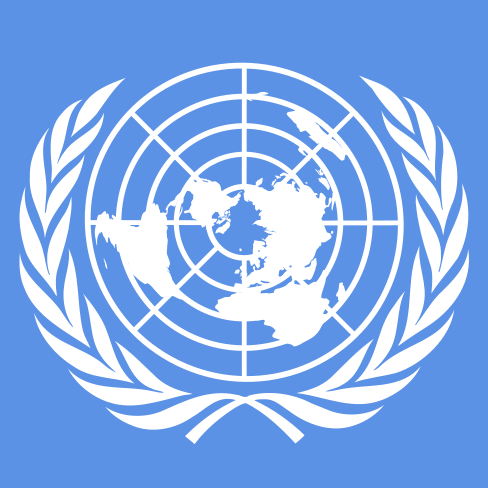
Security council reform: a new veto for a new century?

In
Sixty years after the birth of the United Nations, UN reform is high on the international political agenda. One of the most controversial issues, if not the single most sensitive one, concerns the structure and practice of the Security Council as the primary actor regarding international peace and security. Indeed, criticism of the Council’s lack of representativeness and transparency has not diminished in recent years, despite a shift towards more openness. On the contrary, as the Council has become ever more active, criticism has increased correspondingly. One of the traditional stumbling blocks has been the existence of the veto power of the Council’s permanent members, which enables any one of the so-called P- 5 (France, the United Kingdom, the United States, China and Russia) to block any resolution that is not merely procedural in nature. The veto is considered fundamentally unjust by a majority of States and is thought to be the main reason why the Council failed to respond adequately to humanitarian crises such as in Rwanda (1994) and Darfur (2004). It is thus not surprising that most States wish to abolish or restrain the veto. Equally unsurprising is the fact that the P-5, whose concurring votes and ratifications are required for even the smallest amendment of the UN Charter (pursuant to articles 108 and 109) reject any limitation of the veto outright.3 For this reason, many States have abandoned radical reform proposals and have adopted a pragmatic approach, pleading in particular for voluntary restraint on the veto use. Furthermore, the focus of the discussion seems to have shifted to the question whether the possible enlargement of the number of permanent seats should result in a parallel expansion of the veto or not.
1. Professor of International Law and the Law of International Organizations, Director of the Institute for International Law, Leuven University; President, United Nations Association Flanders Belgium. 2. Research assistant, Institute of International Law, Leuven University. 3. B. FASSBENDER, ‘Pressure for Security Council reform’, in D.M. MALONE (ed.), The UN Security Council: From the Cold War to the 21st Century (London: Boulder) (2004), at 352. Yet one cannot afford to be overly pragmatic on this point. The approaching reform process presents a unique opportunity, which will not be repeated in the near future. During the past sixty years, the UN Charter was amended only three times, including one time in 1963 to increase the number of elected members on the Security Council from 6 to 10.4 What is at stake is the very survival, legitimacy and efficiency of the collective security system in the 21st century. Therefore at least a substantive debate on the veto power is needed, which is exactly what the current contribution aims to stimulate.
The first chapter presents an overview of the creation of the veto power, having regard to some initial interpretation problems. Subsequently, some controversial aspects of the actual use of the veto will be examined. A third chapter will consider the various national positions on veto reform. In light of the foregoing, a fourth chapter will evaluate whether the veto still serves its original purpose or whether it has become obsolete. The contribution ends with some final recommendations.
(Photo credit: Wikimedia Commons )